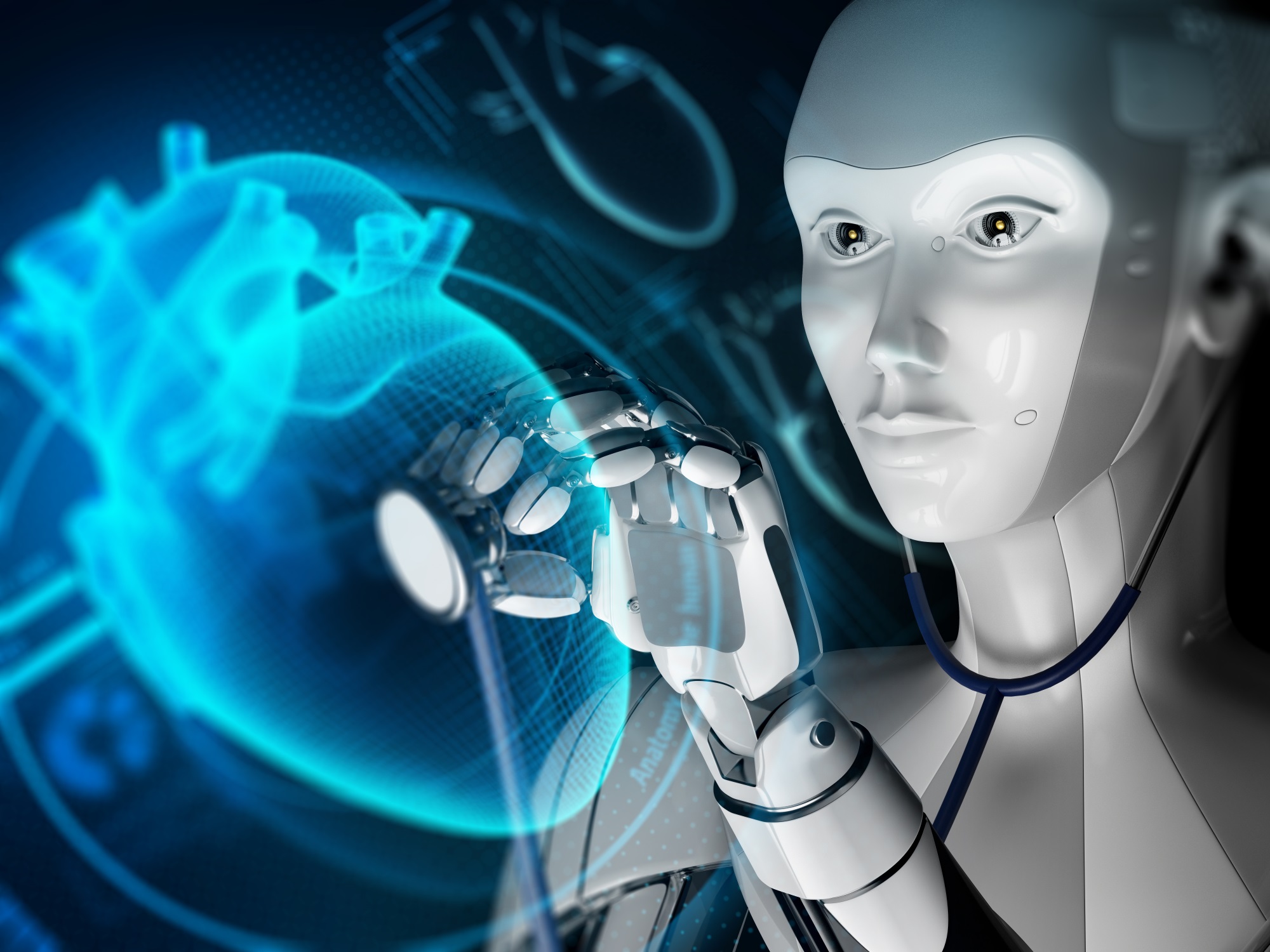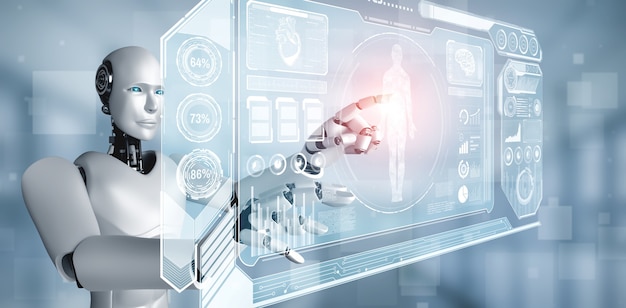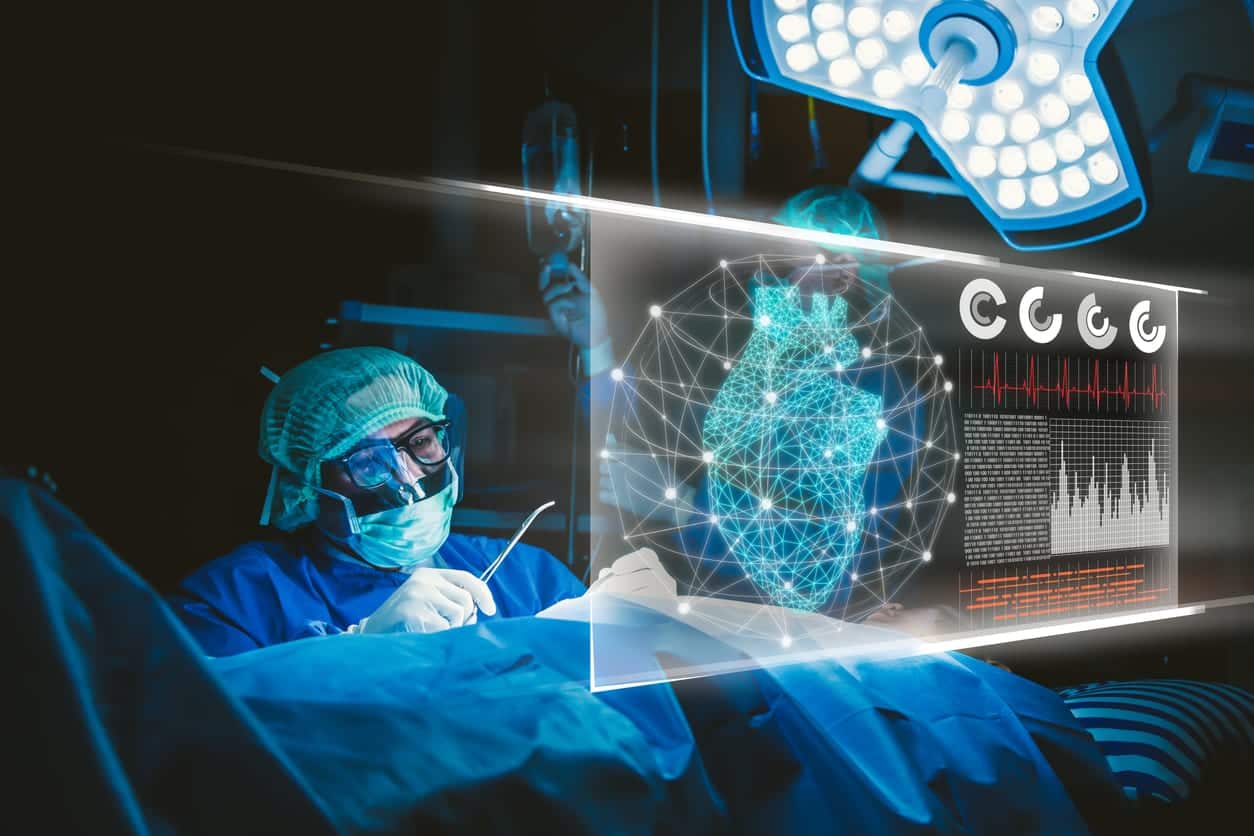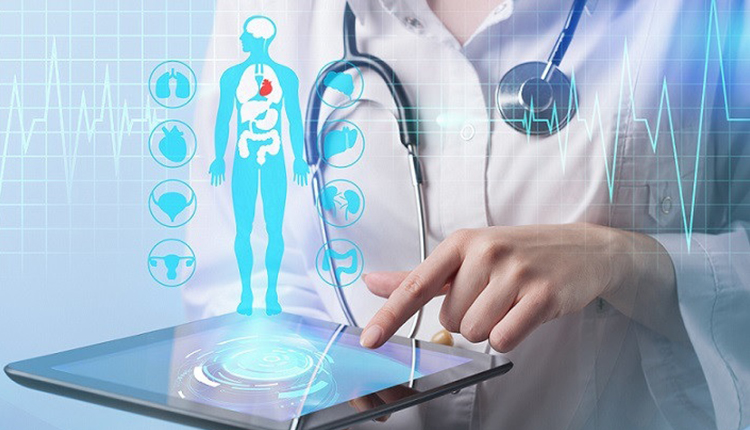 Source: bing.com
Source: bing.comTechnology has been transforming the healthcare industry for many years, and its impact is only expected to grow in the future. From telemedicine to surgical robots, technology is revolutionizing the way we approach healthcare. In this article, we will explore the role of technology in the future of health and medicine.
Telemedicine
 Source: bing.com
Source: bing.comTelemedicine is the use of technology to provide healthcare services remotely. It has become increasingly popular in recent years, and its usage is expected to grow significantly in the future. Telemedicine allows patients to consult with healthcare professionals from the comfort of their own homes, which is especially useful for those who live in remote areas or have mobility issues.
Virtual consultations can be conducted through video conferencing, which enables doctors to diagnose and treat patients without being physically present with them. Telemedicine can also be used for remote monitoring of patients, allowing healthcare professionals to track the progress of a patient’s health without the need for frequent visits to a hospital or clinic.
Artificial Intelligence
 Source: bing.com
Source: bing.comArtificial intelligence (AI) is another technology that is expected to transform the healthcare industry in the future. AI can be used to analyze large amounts of patient data to identify patterns and trends that may be missed by human doctors. This can help doctors make more accurate diagnoses and develop more effective treatment plans.
AI can also be used to develop personalized treatment plans based on a patient’s unique medical history and genetic makeup. This can lead to more effective treatments and better outcomes for patients.
Robotics
 Source: bing.com
Source: bing.comRobotics is another technology that is transforming the healthcare industry. Robots are being used in surgery to perform procedures with greater precision and accuracy than human doctors. This can lead to shorter recovery times, less pain, and fewer complications.
Robots can also be used for tasks such as medication management and patient monitoring. This can help reduce the workload of healthcare professionals and improve the overall quality of care.
Virtual Reality
 Source: bing.com
Source: bing.comVirtual reality (VR) is a technology that is being explored in the healthcare industry for a variety of purposes. VR can be used to provide patients with a more immersive and engaging experience during their treatment, which can help reduce anxiety and pain.
VR can also be used for medical training, allowing healthcare professionals to practice procedures in a safe and controlled environment before performing them on real patients.
Big Data
 Source: bing.com
Source: bing.comBig data refers to the large amounts of data that are generated in the healthcare industry every day. This data can be used to identify patterns and trends that can help improve the quality of care.
Big data can also be used to develop predictive models that can help identify patients who are at risk of developing certain conditions. This can help healthcare professionals intervene early and prevent the progression of disease.
Cybersecurity
 Source: bing.com
Source: bing.comAs technology becomes more integrated into the healthcare industry, cybersecurity is becoming increasingly important. Healthcare organizations must ensure that patient data is kept secure and protected from cyber threats.
Cybersecurity measures such as encryption, two-factor authentication, and regular security audits can help protect patient data from cyber attacks.
Conclusion
Technology is transforming the healthcare industry in many ways, and its impact is only expected to grow in the future. From telemedicine to artificial intelligence, robotics, virtual reality, big data, and cybersecurity, technology is enabling healthcare professionals to provide better care to patients.
As technology continues to evolve, it will be interesting to see how it is integrated into the healthcare industry and how it will shape the future of health and medicine.